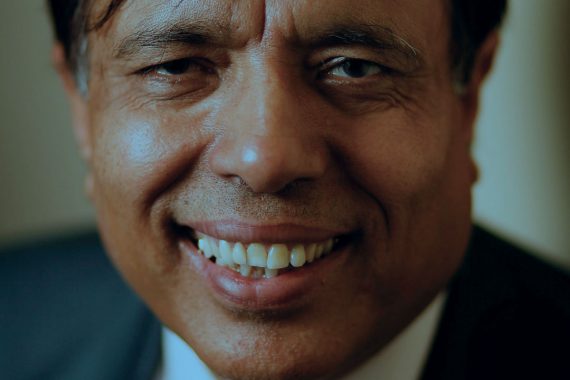Chancellor, general practice needs more money in the autumn statement

The upcoming autumn statement on 23 November is a chance to avert the crisis in general practice. General practice is gasping for breath and is on life support machine due to plummeting investment and increasing demands.
The funding for general practice in England has slumped to just 8.5% of the total NHS budget in last six years. To prevent the meltdown of the general practice, the chancellor Philip Hammond needs to take steps to increase funding in the primary care to at least 11% in his autumn statement.
Without this, the very future of the general practice is at risk.
In the current climate, it is unsurprising that many of the next generation of doctors are turning their backs on a career in general practice, with more than 600 trainee vacancies left empty last year: it means there are even fewer staff to deliver the appointments our unhealthy, ageing, expanding population needs. A couple of decades ago, GPs approaching 70 had to be persuaded to retire. Now, the average age of retirement is 59. This is a ticking time bomb.
Cuts in the name of ‘efficiency savings’ have eaten away at the NHS to the point where it is down to its bare bones. Health spending is facing almost unimaginable cuts over the next five years. Every health think-tank has been sounding the alarm in recent months.
If economy nose dives as predicted, Philip Hammond, the chancellor, could even seek to end the service’s already leaking funding ‘ring-fence’. This isn’t shroud-waving – the figures show the NHS in general, and general practice in particular is on its knees.
There is speculation that Simon Stevens’, the NHC England chief executive who has said he wants to revive general practice by restoring funding levels to 11%, may have a reduced political influence after the departure of David Cameron and George Osborne, who oversaw his appointment and worked closely with him.
This means he may not be able to secure the extra funding promised to primary care in the GP Forward View. My real worry is a more right-wing government would use NHS funding crisis to tell British public that a free universal health care is not affordable, and wash its hands of the NHS.
We need Philip Hammond to increase the percentage of the NHS budget for general practice in his autumn statement. Without this, the reality is that patient care – and the very future of the general practice – is at risk.
Dr Kailash Chand OBE is a retired GP and former deputy chair of BMA council. You can follow him on Twitter @kailashchandobe
Pulse October survey
Take our July 2025 survey to potentially win £1.000 worth of tokens











